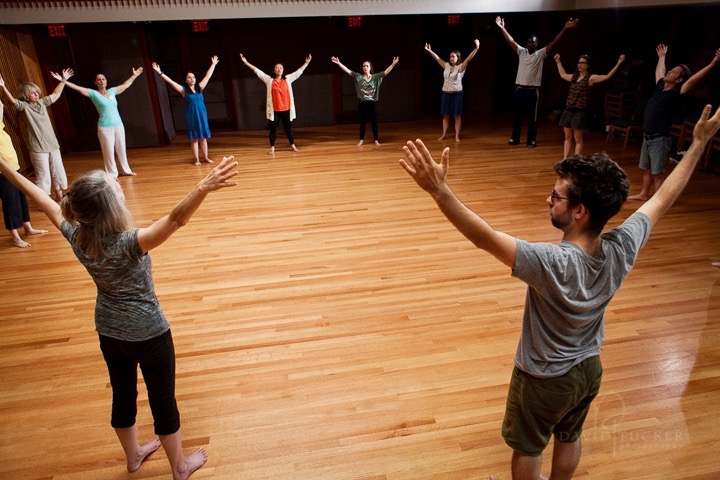
Undoing Racism, December 2020
We are in a unique time. Our conversations have the potential to bring about major cultural shifts, I believe. I hope so! But they are painful, I guess, like most growth spurts.
Even the idea that one must have pain in order to grow is questionable, as my practice of the Alexander Technique posits. Yet, it has been my experience that many of the most meaningful learnings in life involve some pain or discomfort. Like the time my flute teacher had me perform Cecile Chaminade’s Concerto for all of her rural neighbors, in preparation for a youth competition in Fairfield County, CT. After I stumbled through it, in tears, she paused, looked at me and said “play it again.” That was a horrible moment. But I won first prize.
It is uncomfortable to learn of racist beliefs in ourselves, in our personal histories, or maybe in our families, or in our teachers and idols. Yet, even more than I value my own comfort, I value uncovering embedded racial bias in our systems and telling the truth as best we can.
In our November online conversation, one participant shared a troublesome quote from Emile Jaques-Dalcroze which alluded, probably, to racism, and implied the hegemonic, hierarchical perspective held by so many of (us) ethnographers, historians, music theorists, etc., that European music is more developed and sophisticated than music of some other cultures.
A few days after that, I listened to a webinar given by Karen Bradley, President of the Laban-Bartenieff Institute, on the history of the work of Rudolf von Laban. Bradley made me aware that Laban was influenced by biologist, genealogist, and eugenicist Ernst Haeckel. There is a lot more to this story than I can do justice to in this short essay, so I encourage you to do your own research on this topic. Or reach out to me for more info.
And then, while reading Caste by Isabel Wilkerson, I learned that the German Third Reich/Nazis studied the United States’ handling of segregation and Jim Crow laws in devising plans to “purify” their race. Adolf Hitler read a book called The Passing of the Great Race, by American eugenicist Madison Grant, and sent Grant a personal note of gratitude which said “The book is my Bible.” I did not know about that. Did you?
Then there is the issue of gender, which, because I am a woman, I draw upon in my understanding of the experiences of other oppressed groups. We’ve come a long way, baby, and yet…there is more work to be done. In the Laban webinar, which had 99% female participation and leadership, there was discussion about re-working the history/herstory and recognizing the women who were instrumental in developing Laban’s ideas and theories yet got little recognition (such as Irmgard Bartenieff). What about the educational work of Jaques-Dalcroze, Carl Orff, Edwin Gordon and so many others? Do we need to expand our ideas about who is responsible for this work and its continuity to the present?
So much to unpack! Please come and join the discussion!
[…] on “Undoing Racism in Music Education” have continued. We’ve had three conversations since the last blogpost: one in December, one in January and one in February. I wish I could have posted something each […]